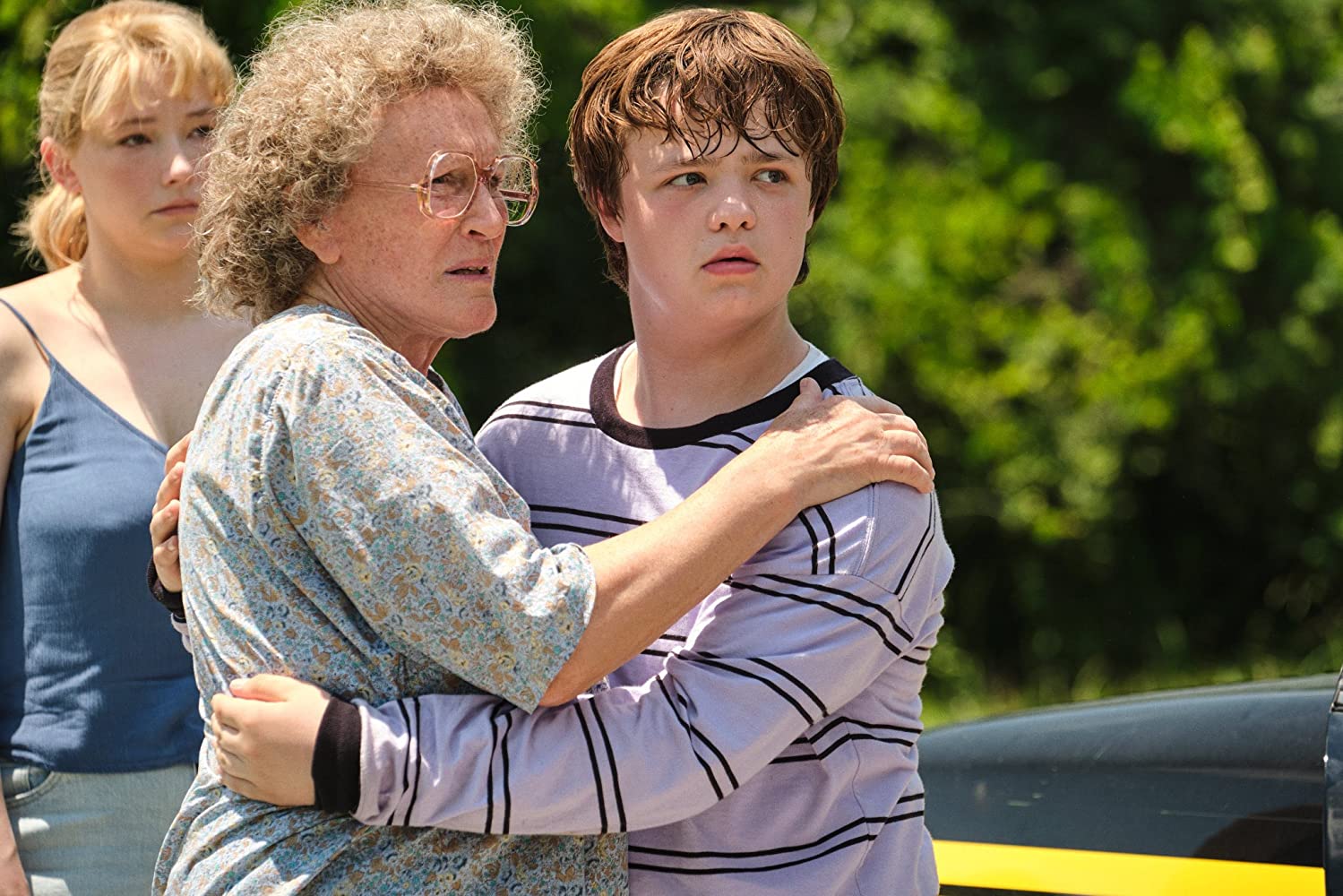Character Analysis

Hillbilly elegy movie – J.D. Vance’s character undergoes a profound transformation throughout the film, shaped by his experiences with addiction, poverty, and family dynamics. His journey highlights the complexities of personal growth and the challenges faced by individuals seeking redemption.
J.D. and His Family
J.D.’s relationships with his family members are central to his character development. His mother, Bev, struggles with addiction and mental illness, creating an unstable and often chaotic home environment. J.D.’s grandmother, Mamaw, provides stability and support, becoming a beacon of hope amid the turmoil.
- J.D.’s love for his mother despite her addiction.
- Mamaw’s unwavering support and belief in J.D.
- The impact of addiction on family dynamics and relationships.
Themes of Addiction, Poverty, and Redemption
Hillbilly Elegy explores the devastating effects of addiction and poverty on individuals and communities. J.D.’s personal experiences and the struggles of his family members shed light on the systemic challenges faced by those living in poverty and the complexities of overcoming addiction.
- The physical and emotional toll of addiction.
- The cycle of poverty and its impact on opportunities and life chances.
- The possibility of redemption and the challenges of breaking free from destructive patterns.
Film Adaptation: Hillbilly Elegy Movie

The film adaptation of Hillbilly Elegy closely follows the original memoir by J.D. Vance, capturing the essence of his experiences growing up in a working-class Appalachian family. The film effectively portrays the struggles and challenges faced by Vance, as well as the resilience and determination that ultimately led him to success.
Key Differences and Similarities, Hillbilly elegy movie
One key difference between the film and the book is the portrayal of Vance’s mother, Bev. In the film, Bev is depicted as a more sympathetic and complex character than she is in the book. The film also places greater emphasis on the role of Vance’s grandmother, Mamaw, in his life.
Despite these differences, the film remains faithful to the overall message of the book. It explores themes of poverty, addiction, and the importance of family and community. The film also captures the unique culture and values of the Appalachian region.
Effectiveness of the Film
The film adaptation of Hillbilly Elegy is a powerful and moving portrayal of Vance’s journey from poverty to success. The film effectively conveys the message of the book and brings Vance’s experiences to life for a wider audience. The film’s strong performances, evocative cinematography, and authentic portrayal of Appalachian culture make it a compelling and unforgettable experience.
The “Hillbilly Elegy” movie adaptation brings to life the complex world of the Appalachian region. While it showcases the struggles and resilience of its people, the film also highlights the systemic issues that perpetuate poverty and inequality. Like Judge Cannon , who faced scrutiny for her handling of the Mar-a-Lago search warrant, the film’s characters grapple with the consequences of power and privilege.
Through their experiences, “Hillbilly Elegy” explores the need for empathy, understanding, and a commitment to addressing the root causes of social injustice.
The Hillbilly Elegy movie, an adaptation of J.D. Vance’s memoir, sheds light on the struggles and triumphs of a working-class family in rural Ohio. This portrayal resonates with the broader political discourse, as exemplified by Senator Tim Scott’s recent speech at the RNC tim scott at rnc.
Like the film, Scott’s address highlighted the challenges and resilience of individuals navigating economic and social adversity. The Hillbilly Elegy movie serves as a poignant reminder of the complex narratives that shape our understanding of American identity and the need for empathy and compassion in addressing societal issues.